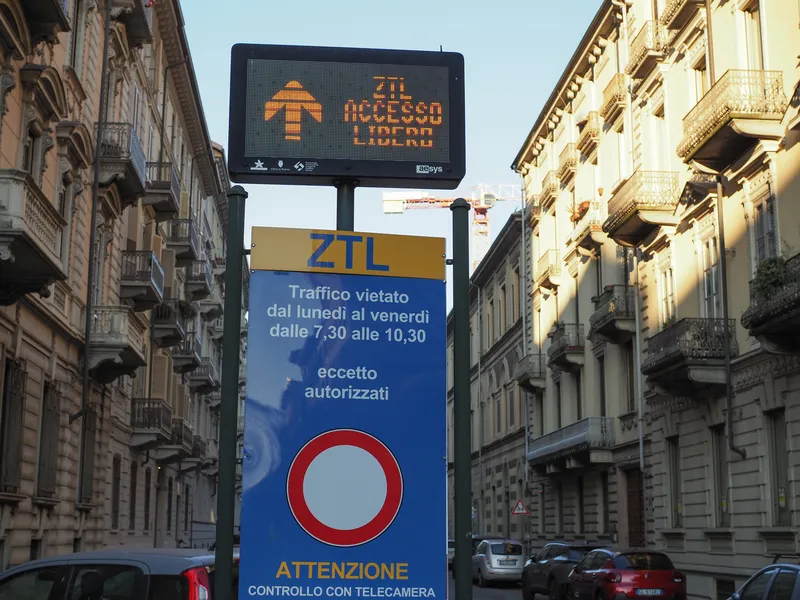In the first two months following the launch of a congestion charge in Milan city centre, Italy, car transit in the area has decreased by 36 per cent to 87,095 vehicles per day. Overall, car journeys decreased by some two million, and it was found that cars owned by residents in the area only accounted for 11 per cent of the total, while six per cent are public service vehicles.
March 22, 2012
Read time: 1 min
In the first two months following the launch of a congestion charge in Milan city centre, Italy, car transit in the area has decreased by 36 per cent to 87,095 vehicles per day. Overall, car journeys decreased by some two million, and it was found that cars owned by residents in the area only accounted for 11 per cent of the total, while six per cent are public service vehicles.








